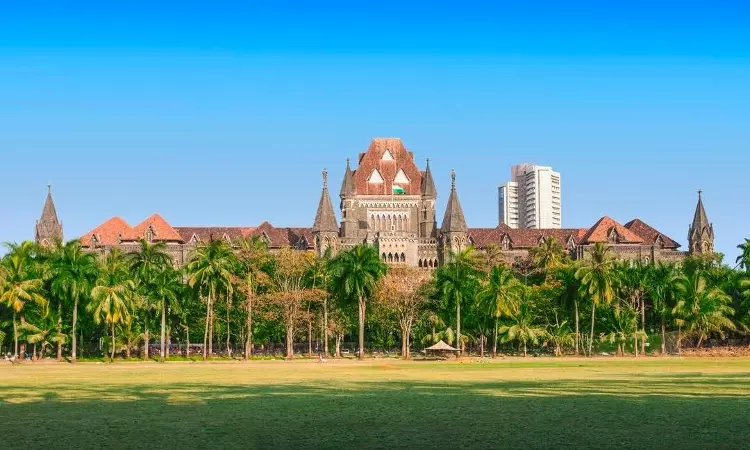Indefinite Probation Extension Beyond Regulatory Limits Invalid; Bombay HC Reinforces Procedural Safeguards
Pranav Kumar
1 Nov 2024 5:00 PM IST

Next Story
1 Nov 2024 5:00 PM IST
Bombay High Court: A Division Bench comprising Justice Ravindra V. Ghuge and Justice M.M. Sathaye ruled that Mumbai Port Authority's (MbPA) termination of a Chief Law Officer's probation based on an internal inquiry report without due process was stigmatic and unjustified. The Court found that the indefinite extension of probation violated the Mumbai Port Trust Employees Regulations,...
